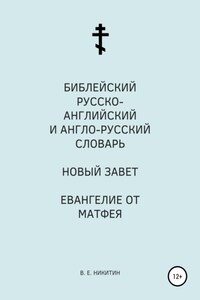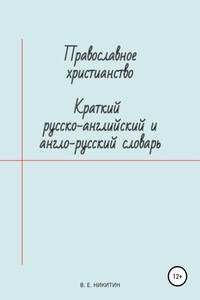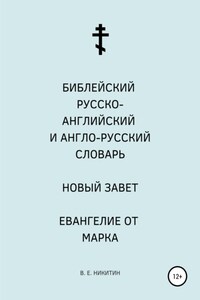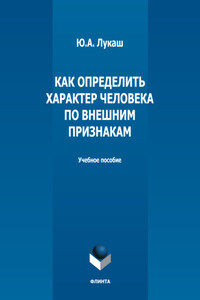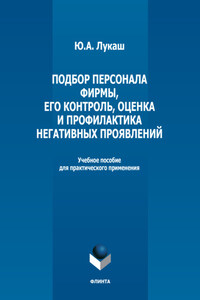Сборник цитат из сочинений Авраама Линкольна Часть 3 Авраам Линкольн о труде
Автор книги - Виктор Никитин. Произведение относится к жанрам афоризмы и цитаты, книги о войне, историческая литература. Оно опубликовано в 2025 году. Книге не присвоен международный стандартный книжный номер.
Этот сборник цитат из сочинений Авраама Линкольна (1809 – 1865), 16-го президента США (1861—1865), освободителя американских рабов, национального героя американского народа, отражает его взгляды на различные темы в период, характеризующийся потрясениями и трансформациями в американском обществе до и во время Гражданской войны. Книга касается таких тем, как рабство, демократия и гражданские права, отражая убеждения Линкольна в поворотную эпоху в истории США. С помощью своих емких и впечатляющих фраз Линкольн формулирует моральные и социальные проблемы своего времени. Сборник отражает глубокую приверженность Линкольна принципам демократии и прав человека, что делает его ценным источником для тех, кто интересуется американской историей и политической мыслью.
Часть 3. Цитаты Авраама Линкольна о труде



